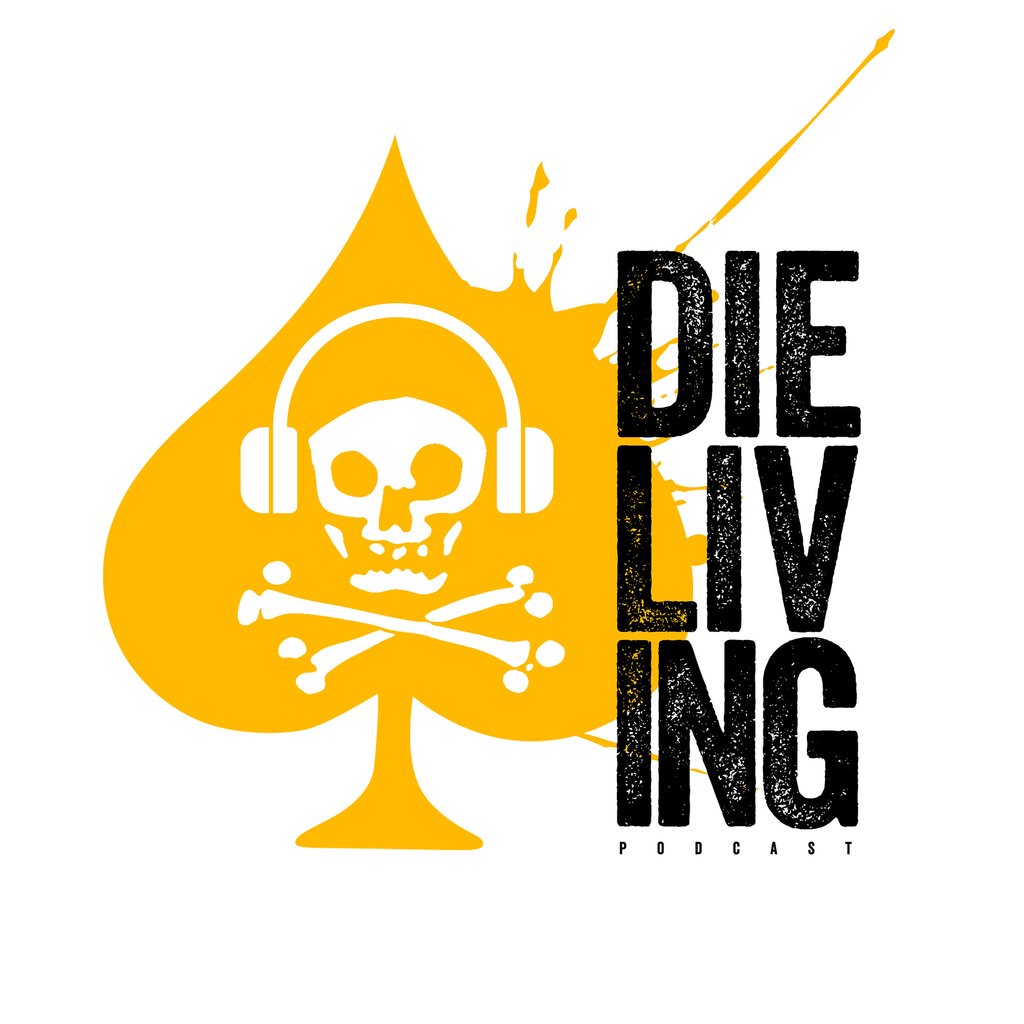I’ve been a United States Marine for almost twenty-five years now. It’s all I ever wanted to be, and I am cognizant that there is a certain rare blessing in getting to be what you wanted to be when you were a kid. With that said, at age forty-six, with retirement more than just an ethereal notion, the shine is just a bit off the apple. However, I recently had a brief moment that reminds me why this was all so alluring thirty years ago.
I was parking my truck for another windowless, fluorescent filled Monday within the Pentagon. In front of me, two fellow Marines parked, presumptively for the same thing. As members of the smallest service, Marines in a crowd often give one another a smile and a nod of acknowledgement. The Pentagon, with 30,000 civilians and service members is certainly a crowd and this interaction was no different.
What was different is that my subconscious recognized one of the forty-something Lieutenant Colonels emerging from their car, though my conscious did not.
Suddenly it was December 2004 and I was standing on a road in Karabilah, Iraq at 2 AM, trying to account for a HMMWV-load of Marines blown up when a Chinese Type 72 anti-tank mine detonated under the front left tire of their truck and waiting for a follow-on attack.
The blast sheared off the front of the truck. It slid about fifty feet, leaving a trail of hot oil and hydraulic fluid, ending up nose down in a HMMWV sized hole on the side of the road. I and the Marines in the lead vehicle of our five-vehicle patrol had passed over the mine unaware. The second vehicle was similarly fortunate. Then, abruptly, BOOM!
The biggest balloon in the world burst and a flash of light like a single strobe lit up the buildings on either side of the street and my driver was accelerating us out of a potential ambush and I was taking a deep breath as I had learned to do before pushing transmit on my radio handset, because Marines need to hear calm in the voice of their leaders during times of stress.
“Dagger 80, this is Dagger 8 Actual. Status, over.”
Nothing.
“Dagger 80, this is Dagger 8 Actual. Give me a status report, over.”
Silence.
“Dagger 80. Give. Me. Your. Status. Over!”
Getting urgent now.
“DAGGER 80! I NEED…”
“Break, Break…Dagger 8 Actual, this is 83…Vehicle 3 hit a mine…Dagger 80 is checking on the guys. We’ll move to them.”
“Negative 83, hold what you got in case we get hit.”
If your enemy knows what he’s doing, a mine or IED should be covered by fire from a prepared ambush. I was waiting on the follow-on machinegun and rocket fire to start.
Then Dagger 80’s voice, that of my Platoon Sergeant, came over the radio, dazed but doing his job because that is what Platoon Sergeants do even after they’ve been rocked by the blast of 5.4 kg of TNT and RDX explosives in a 50/50 mix.
“Dagger 8 Actual, this is 80…I have nine wounded.”
“80, 8 Actual. Nine?! The number is supposed to be ten!”
Silence. Then:
“I’m still looking for the driver.”
The blast pushed the floorboard of the truck up to the steering column, blowing the driver out of the vehicle in the process. That was the ironic blessing in having “gone to war with the army we had.” Had he not been in the open front of a barely armored Hummer, and had an enterprising Gunnery Sergeant from the 1st Battalion, 7th Marines Motor Transport section not invented and installed armor he and a Staff Sergeant from our unit stayed awake for most of three days welding onto the undercarriage of our trucks, that Lance Corporal would have either been turned into a pink mist or had his neck snapped when he slammed into the roof of the cab at the exponential speed of Chinese explosive. As it was, he was thrown up and out of the cab via the half door and left behind when the truck slid down the street and into the hole, the remainder of the Marines in it ending up in a pile at the front of the truck bed.
What happened next is why I love Marines and Sailors (and Soldiers and Airmen for that matter) and why, this Veteran’s Day I felt the need to tell a war story.

My Corpsman came up on the radio,
“Dagger 8 Actual, this is 83, we’re moving to Vehicle 3. Moving now.”
Not a question. Not a request. A statement. And then he and a Marine ran seventy-five yards down a street, weapons facing out, covering one another and fully exposed to anyone that was there to finish what they’d started. They arrived at the stricken vehicle and began assisting injured and dazed Marines as they climbed out. Then those same Marines; bruised, bleeding, and concussed, moved to establish a perimeter. Weapons up, facing out. Ready to fight.
The Marines riding in the rear truck climbed out of their vehicle and moved to close our perimeter and protect our rear and flanks. The Company Sergeant Major, the most senior enlisted member amongst 300 Marines and present only because real leaders share danger, turned to the junior Sergeant who was in charge by authority of his position in our platoon and said “Where do you need me?” Then he took the position to which he was directed. Weapon up, facing out. Ready to fight.
Meanwhile, our Forward Air Controller (FAC) was working to find us a way to move the wounded and ensure the helicopters overhead knew what was going on. Unable to sit still, I moved down the street to the truck behind me, where one of my Team Leaders assigned himself the duty of bodyguarding me while I stalked up and down the street, careless in my anger, talking to my commander in the helicopter overhead and to my men who were working diligently and effectively to apply order to chaos. The Marines in my lead vehicle, unbidden by me, had moved forward in search of a landing zone and then come back to report success in finding a small dirt lot in which Iraqi kids played soccer.
By now, it appeared an ambush wasn’t coming and we were focused on getting our two wounded Marines evacuated as rapidly as possible. The FAC announced that one of our two escort helicopters, with my commanding officer aboard, would evacuate the two worst wounded; the vehicle driver and another Marine. The remainder of the injured Marines would go out in the remaining four vehicles, a contingency we had planned for and practiced. My driver moved into the zone to try and identify any critically dangerous obstacles.
I rejoined my vehicle and we moved to the edge of the makeshift landing zone. The LZ was completely unlit and surrounded on three sides by Iraqi homes and power wires. Debris littered the dirt lot. The pilot of the inbound UH-1 “Huey”, flying on night vision goggles (NVGs), would experience a dirt cloud on landing as his rotor blades whipped the desert soil into the air. An AH-1W Cobra gunship orbited overhead as the Huey descended into the impromptu landing zone.
I contacted my Commanding Officer (CO), suggesting he join me in my truck so my Corpsman could fly out with the wounded. We needed to send the front-line medical care with the injured to treat them in flight and to let him assist the next echelon of care on landing. My CO demurred, saying he would just stay where he was. I was livid at his violation of procedure. I was also completely ignorant of the fact that in the blacked out LZ, in the dust, on NVGs, the Huey landed hard enough to snap the skids on landing, sending the helicopter belly down in the dirt. The impact broke my CO’s ankle, but knowing I didn’t need the stress, he just directed us to load the wounded without telling me he’d just been in a helicopter crash and was injured himself (incidentally, he stayed in country another three months with his broken ankle, kept flying top cover for me, and didn’t go home till we all did).
The pilot, knowing time was of the essence with wounded Marines, announced that he would fly the helicopter out of the zone despite having no functional landing gear. The implication? He would have to crash the helicopter a second time to get it on the ground at our base.
Crossing the parking lot, my subconscious and conscious clocked. I caught up to that pilot, his call sign “Cup”, at the top of the elevators in the Pentagon. We talked and realized I’ve been serving with his brother in law for the last four years without knowing the connection. I was able to thank him for his bravery, selflessness, and airmanship. I was able to tell him that the two wounded are walking around today. One is a police SWAT officer. The driver, called “Little Brother” by his fellow Marines, is in his thirties now and surfing again. I was able to thank him for keeping the faith with the Marines on the ground and risking his life (and that of his crew) to aid us. He was appreciative but acted like his performance had been just another day. Perhaps it was for him. But for me, it exemplified why I’ve lead this life for more than two decades.
Memories like these exemplify why I left my wife for the first time on our first anniversary. Why I missed the birth of my child and why she measures her young life in Daddy’s trips to Afghanistan. Why “normal” for the daughters of one of my Army Special Forces friends is their Dad departing to war every 12–18 months of their lives. Why another friend asked, via Facebook, if anyone in the DC area could attend her career Army father in law’s Arlington interment because she and her husband were both in Afghanistan and couldn’t be there for her mother-in-law. Why other, better men and women have given so much more than I, up to the last full measure. So thanks, Cup. Thanks for exemplifying for me, especially in our striated, fractured times, what this day means and why it matters. Semper Fidelis, brother.
Russell Worth Parker is a career Marine Corps Special Operations Officer. He likes barely making the cut-offs in ultra-marathon events, sport eating, and complaining about losing the genetic lottery. He is an Iraq and Afghanistan veteran and graduate of the University of Colorado, the Florida State University College of Law and the Masters in Conflict Management and Resolution Program at the University of North Carolina-Wilmington. The views expressed in this article are those of the author and do not reflect the official policy or position of the United States Special Operations Command, the United States Marine Corps, the Department of the Navy, the Department of Defense, or the United States Government.
[training-ad]





Leave a comment
This site is protected by hCaptcha and the hCaptcha Privacy Policy and Terms of Service apply.